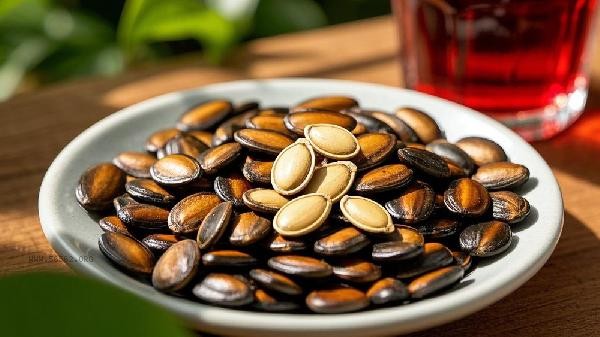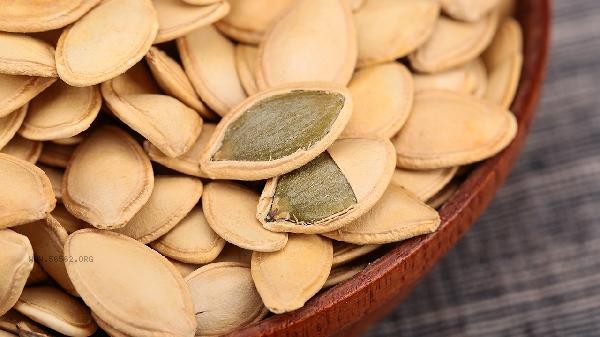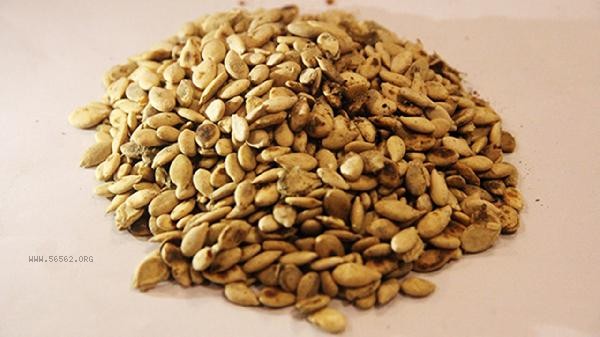Melon seeds and peanuts that are no longer crispy can be restored to their crispy texture through methods such as microwave heating, oven reheating, pan frying, freezing, and preservation with desiccants.

1. Microwave Heating
Spread the damp sunflower seeds and flower heads in a microwave oven container, heat on medium heat for 30 seconds, then remove and flip, repeat 2-3 times. Microwaves can quickly evaporate water inside food, but it is important to avoid high temperatures that can cause burning. This method is suitable for rapid processing of small amounts of nuts. After heating, they need to be spread out to dissipate heat and prevent moisture from softening back.
2. Oven re baking
Preheat the oven to 150 degrees and evenly spread the melon seeds and peanuts on the baking tray to bake for 5-8 minutes. The hot air circulation function has a better effect and can evenly remove moisture. During the baking process, it is necessary to flip and observe the color change. If the nut surface turns slightly yellow, it can be removed. This method is suitable for batch processing of large quantities of nuts, restoring their crispness while stimulating their oil aroma.
3. Stir fry in a flat bottomed pan
Use an iron pan without water or oil to stir fry slowly over low heat. Continue stirring until evenly heated, about 3-5 minutes until a slight cracking sound is heard. The traditional dry frying method can preserve the original flavor, but it requires controlling the heat to avoid burning. After stir frying, a small amount of salt can be sprinkled to enhance the flavor, which is suitable for people who like a burnt and fragrant taste.

4. Freezing treatment
Seal the melon seeds and peanuts and place them in the freezer for 2 hours. Low temperature can cause residual moisture to condense. After taking it out, let it sit and warm up, and the taste will become crispy. Freezing method will not damage the nutritional components, but attention should be paid to sealing and preventing cross contamination. This method has a significant effect on nuts that are slightly damp, and is suitable for those who pursue the original taste of the food.
5. Desiccant preservation
Place food grade desiccants or unopened tea bags at the bottom of the storage container, put in melon seeds and peanuts, and seal for 24 hours. Desiccants can actively adsorb environmental moisture and are suitable for long-term storage. After use, the desiccant should be replaced promptly to avoid direct sunlight on the container. This method combines moisture resistance and brittleness, making it particularly suitable for humid areas in the south.

It is recommended to use sealed cans or vacuum bags for daily storage of melon seeds and peanuts, and store them in a cool and dry place to avoid high temperature and high humidity environments. Try to consume nuts within two weeks after opening, as nuts contain unsaturated fatty acids that are prone to oxidation and spoilage. Eating foods rich in vitamin E together can help delay oil spoilage, such as almonds and spinach. If mold or crackling odor is found, it should be discarded immediately. Aflatoxin is heat-resistant and harmful to health. It is advisable to consume 20-30 grams per day in moderation, and those with indigestion can choose to peel their skin to reduce dietary fiber intake.









Comments (0)
Leave a Comment
No comments yet
Be the first to share your thoughts!